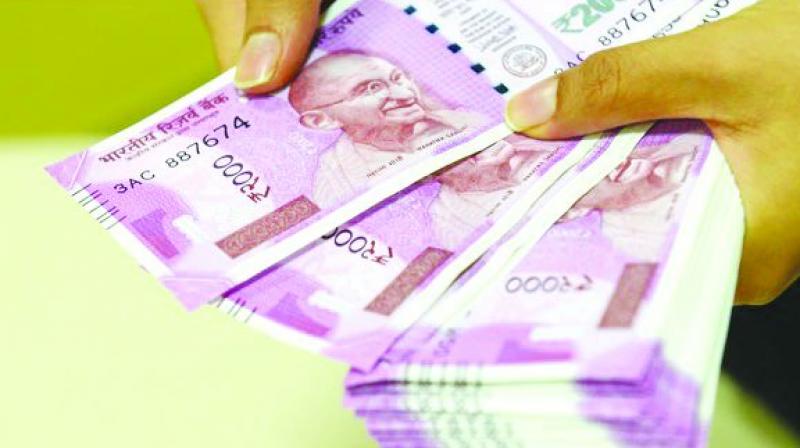Parties spent Rs 400 crore in Telangana for Lok Sabha polls

Hyderabad: Political parties in Telangana state spent Rs 5,000 crore in the state elections held in December 2018, and an estimated Rs 350 crore to Rs400 crore in the Lok Sabha elections according to the report ‘Poll expenditure — The 2019 elections’ conducted by the Centre for Media Studies.
Voters were given money in the Assembly polls as the contest was close, which was not the case in the Lok Sabha elections which was perceived as ‘one-sided’, the report said.
CMS did an elaborate study on poll expenditure across all Indian states, with a special focus on Telangana and Andhra Pradesh, as few of CMS directorshail from the Telugu speaking states.
In the report released on June 4 CMS estimated that Rs 5,000 crore was spent for the Assembly polls in Telangana state in December 2018 because voters were given money. The expense was less in the Lok Sabha polls, because the contests were not so keen as in the Assembly polls. The Lok Sabha contests were perceived to be “one sided”.
In the Lok Sabha elections, the middlemen or/and party functionaries were “looked after” liberally by the Telangana Rashtra Samithi. The contest was between three parties – the TRS, Congress and BJP as the TD did not contest the Lok Sabha elections, said the report.
The money dispersed for the Lok Sabha elections was estimated to be between Rs 350-450 crore for the 16 parliamentary seats.
P.N. Vasanti, director- general CMS, said, “It was less because schemes of the new state government (to farmers, women and the old) were generous. Two instalments were distributed just around the time of the poll date and, secondly, the number of defections into the ruling TRS of senior leaders from other parties had diffused the keenness of contests in Telangana in 2019. But, in all, over Rs 68 crore was confiscated (Rs 60 crore in cash, Rs 5 crore in liquor, Rs 3 crore in drugs) during the campaign period. Biryani packets plus cash (one to two Rs 500 notes) was common to workers and most at key public meetings.”

